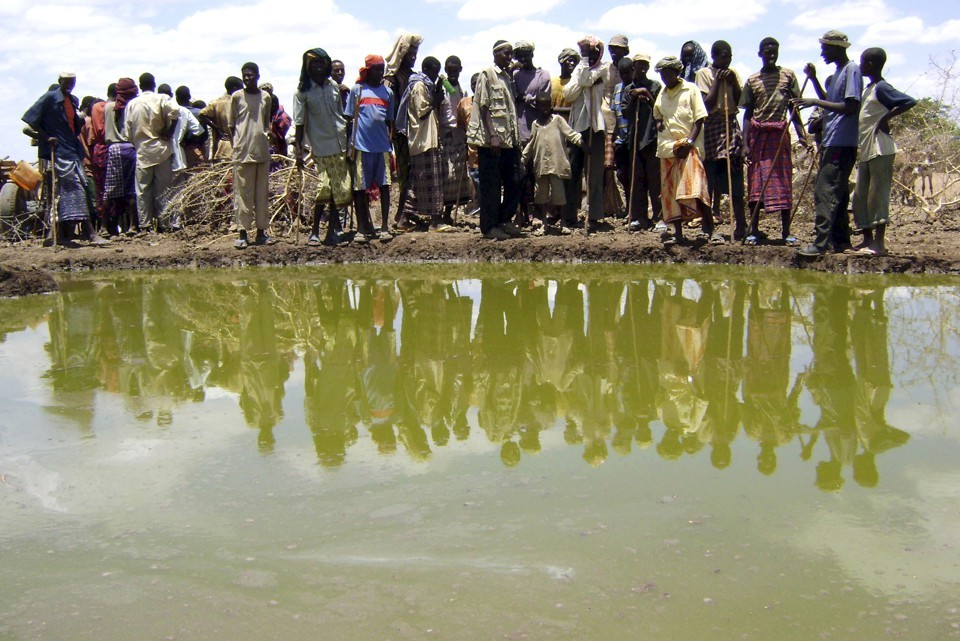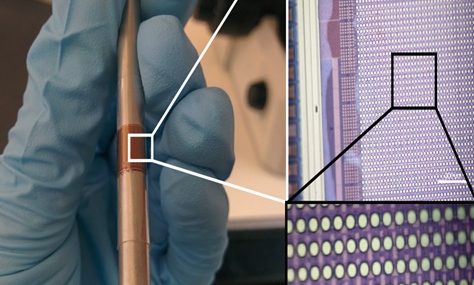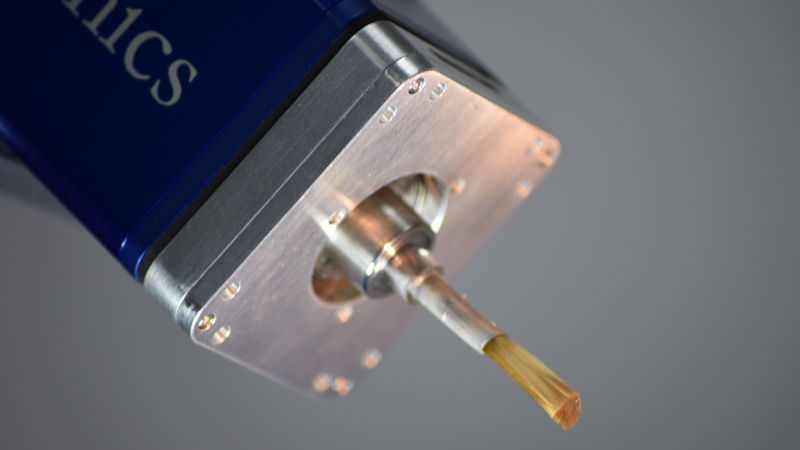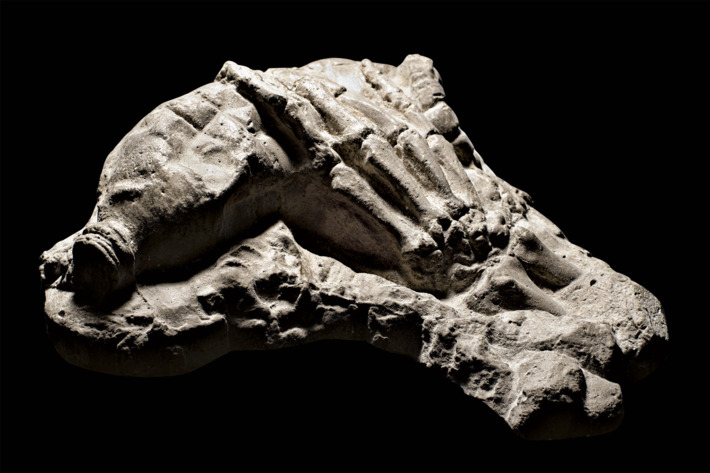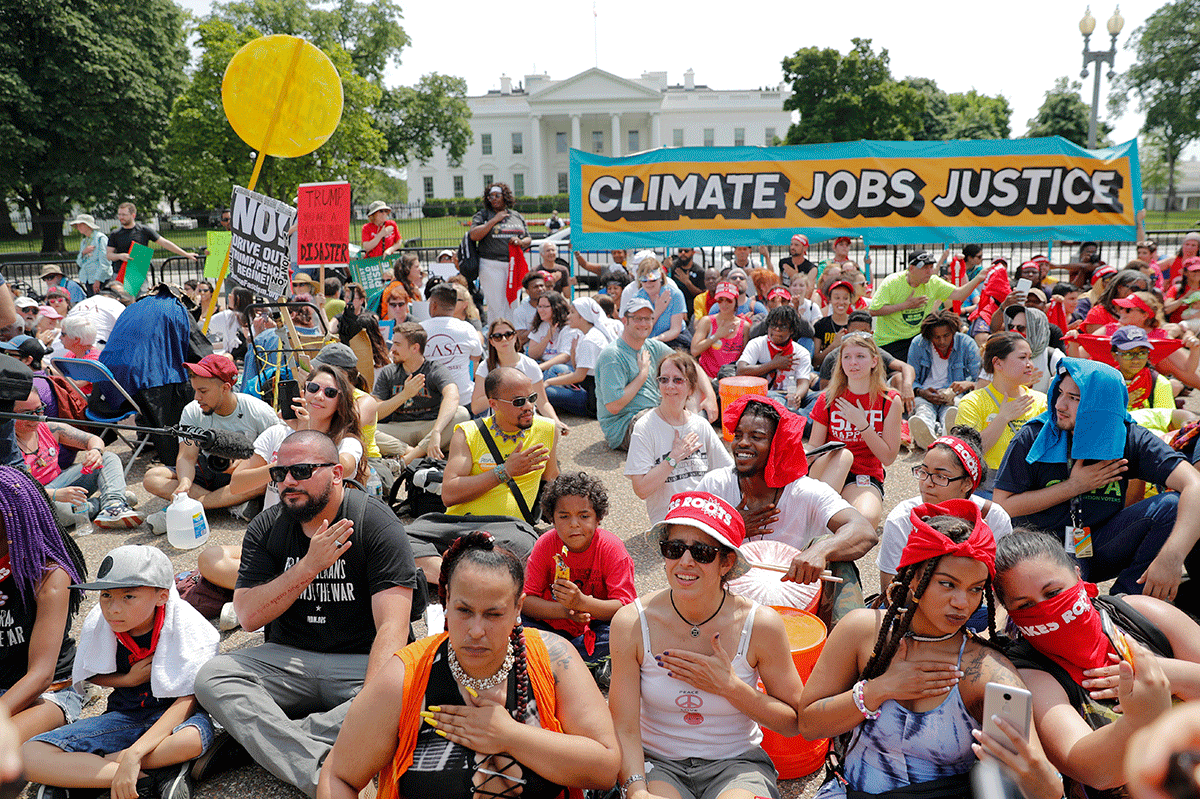July 18, 2017
Turning Baker’s Yeast Into a Disease Sensor
Thanks to Nili Ostrov and colleagues at Columbia University, baker’s yeast is about to begin yet another career. With a few tweaks, the fungus behind bread and beer could become a simple, low-cost cholera detector.
July 13, 2017
Climate Change May Hinder Aircraft Takeoffs in Years Ahead-Study
Rising temperatures due to global warming will make it harder for many aircraft around the world to take off in coming decades, says a new study coauthored by Ph.D. student Ethan Coffel and Radley Horton, a climatologist at Lamont-Doherty Earth Observatory.
July 12, 2017
Scientists Can Use CRISPR to Store Images and Movies in Bacteria
Columbia's Yaniv Erlich and Dina Zielinski encoded a silent movie, a computer operating system, a photo, a scientific paper, a computer virus, and an Amazon gift card, bringing scientists closer to turning microbes into living hard drives.
July 12, 2017
New Development Makes Next-Level Brain Implants Possible
Columbia Engineering professor Ken Shepard team recently received a $15.8 million grant to support development a wireless brain chip to cure blindness and hearing loss.
July 10, 2017
DARPA Is Funding Brain-Computer Interfaces to Treat Blindness, Paralysis and Speech Disorders
A team led by Columbia's Ken Shepard plans to create a prosthetic restoring sight to those that are blind, by layering a single, flexible circuit over the brain that could communicate wirelessly with a transceiver worn on the head.
July 10, 2017
The Uninhabitable Earth
Wally Broecker, an oceanographer at Lamont-Doherty Earth Observatory who coined the term “global warming," discusses ways to stave off catastrophic climate change.
June 30, 2017
Just Don’t Call it ‘Climate Change’
Climate scientist Peter de Menocal, Columbia Dean of Science and director of the Center for Climate and Life, discusses how effective climate change communication can inspire climate action and progress.

